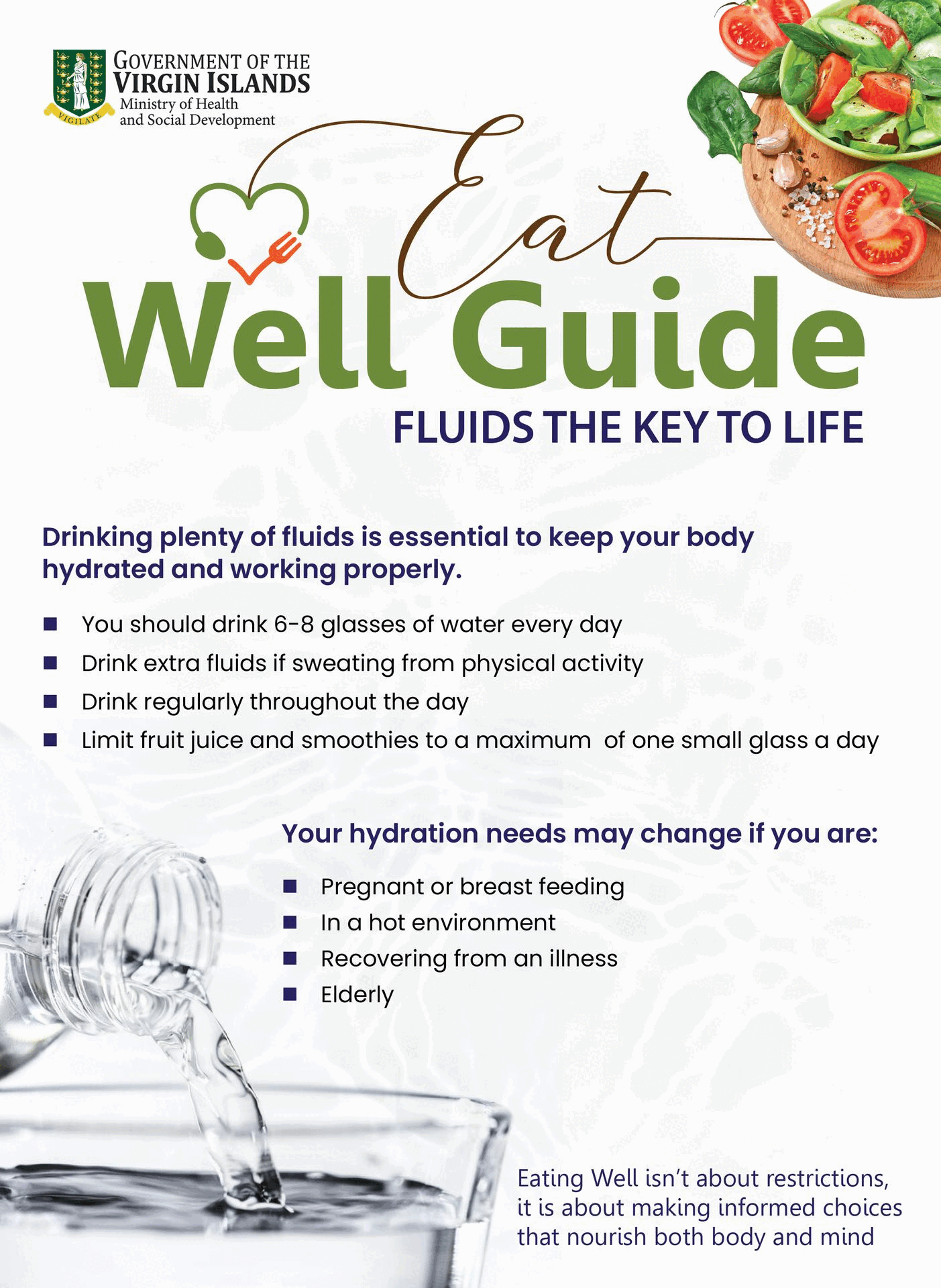EU position on Iran-Israel war excludes regime change
STRASBOURG, France- The European Union insisted diplomacy, not regime change, was its only strategy for dealing with Iran, even while Washington signalled it wanted Tehran to surrender.
Anouar El Anouni, EU spokesperson for Foreign Affairs and Security Policy, told journalists on June 18: “In terms of concrete actions, the High Representative has stressed that civil protection mechanisms have been activated to assist EU citizens wishing to leave the region.
“Civil protection experts have been offered for potable water decontamination, and our naval operation Aspides continues protecting merchant ships from Houthi attacks.”
His comments followed Israel’s recent airstrikes on Iranian nuclear sites, triggering retaliatory attacks from Tehran. That escalation has deepened fears in European capitals of the outbreak of a broader regional conflict.
According to the Financial Times on June 18, US officials have demanded Iran’s “unconditional surrender”, raising concerns in Brussels about possible US military action.
During an informal EU Foreign Affairs Council video conference on June 17, Vice-President of the European Commission Kaja Kallas said Brussels did not address any such objective.
El Anouni, summarising the position shared by Kallas a day earlier, stated, “Regime change is not part of the EU’s agreed position. We are committed to a comprehensive policy approach towards Iran, addressing all concerns, and we are ready to engage where interests align, including through sanctions.”
He also confirmed that Kallas was “in close contact and co-ordination with her interlocutors, including from the American interlocutor. All necessary channels are being activated and open.
“Messages for de-escalation, calls for restraint, and calls to comply with international law by both parties are being sent,” El Anouni said.
He further stressed the bloc’s security priorities. “Europe has always been clear that Iran must never develop or acquire nuclear weapons.
“While we have continuously urged Iran to stop its nuclear escalation, Iran has been building up its nuclear capability in violation of its Non-Proliferation Treaty commitments,” he said.
Pressure was simultaneously building on the EU’s policy towards Israel.
Seventeen member states in May supported a Dutch proposal to review the EU-Israel association agreement in light of Israel’s ongoing blockade of Gaza.
The proposal reflected shifting dynamics even among Israel’s traditional allies, with Germany now debating possible limits on arms exports.
Any full suspension of the EU-Israel agreement would require unanimity, which observers said remained unlikely due to opposition from Germany, the Czech Republic and Hungary.
A partial suspension of certain provisions, such as trade or energy, would only require a qualified majority but, according to EU diplomats cited by the Financial Times, European Commission was unlikely to endorse such a move.
With consensus elusive, some EU governments have pressed for targeted sanctions.
Meanwhile, according to El Anouni, Kallas stated in her speech to the European Parliament plenary on June 18 that “there is no other solution than the two-state solution. Our European Council conclusions remain valid, and we call on all parties to refrain from actions that undermine its viability”.
Stephan de Keersmaecker, EC deputy chief spokesperson, summarised the EU’s stance at the June 18 briefing.
“Israel has the right to defend itself but Iran is the main source of instability in the region … Of course the EU supports the G7 position … which also stresses the importance of protecting civilians,” he said.





















.png)




















Leave a Reply